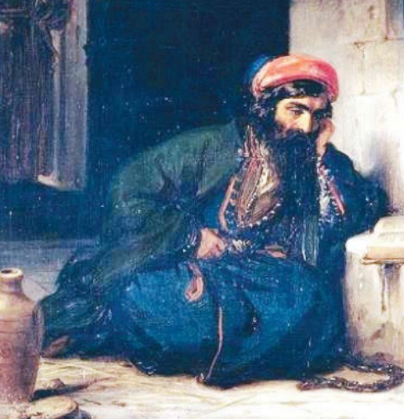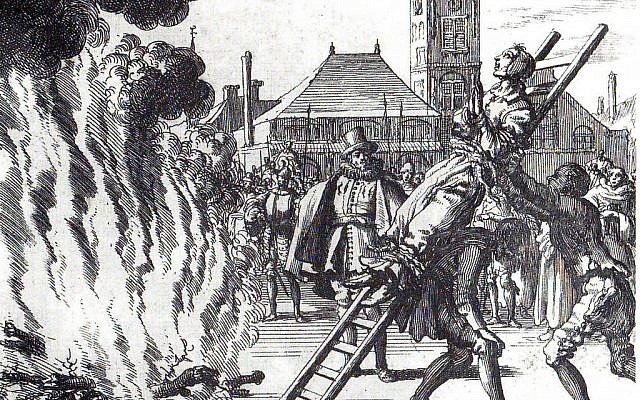


Until the nineteenth century the Russian Empire remained immune from the ritual murder accusation for two reasons: the lack of concern that Orthodox Christianity had for ritual murder and the absence of Jews, who were not allowed to reside in the Empire until the partitions of the Polish-Lithuanian Commonwealth at the end of the eighteenth century. By the turn of the twentieth century the ritual murder accusation also reflected the political, social, and cultural transformations that altered the face of Europe beginning in the eighteenth century and underscored the fact that the blood libel was not a static phenomenon. During the nineteenth century the blood libel also acquired characteristics no longer limited to religious ideology and policy. Rather, what I am going to do here is comment on how some of the underlying attitudes and values that gave life to, and sustained, the canard over these early centuries manifested themselves in late Tsarist Russia and persisted into the twentieth century and beyond. As a specialist in nineteenth and twentieth century Russian and Jewish history, I am in no position to critically assess Teter's use of sources, discussion of Vatican politics, and analysis of church doctrine and policies over the longue duree. Her account of the blood libel from its origins to the eighteenth century is a tour de force of exemplary scholarship that relies on meticulous and exhaustive research, acute analysis, and compelling argumentation. In Blood Libel: On the Trail of an Antisemitic Myth, Magda Teter traces how the ritual murder accusation made its way across Europe over the course of several centuries after first emerging in twelfth century England.


 0 kommentar(er)
0 kommentar(er)
